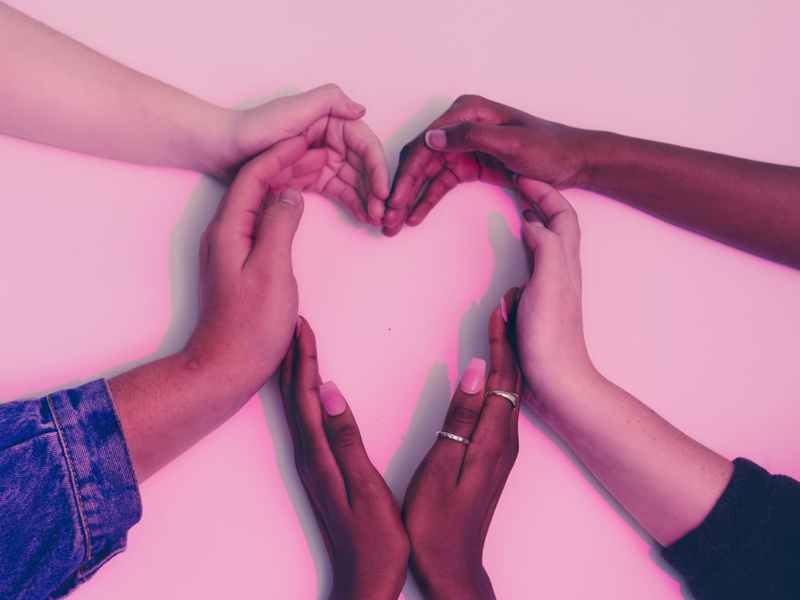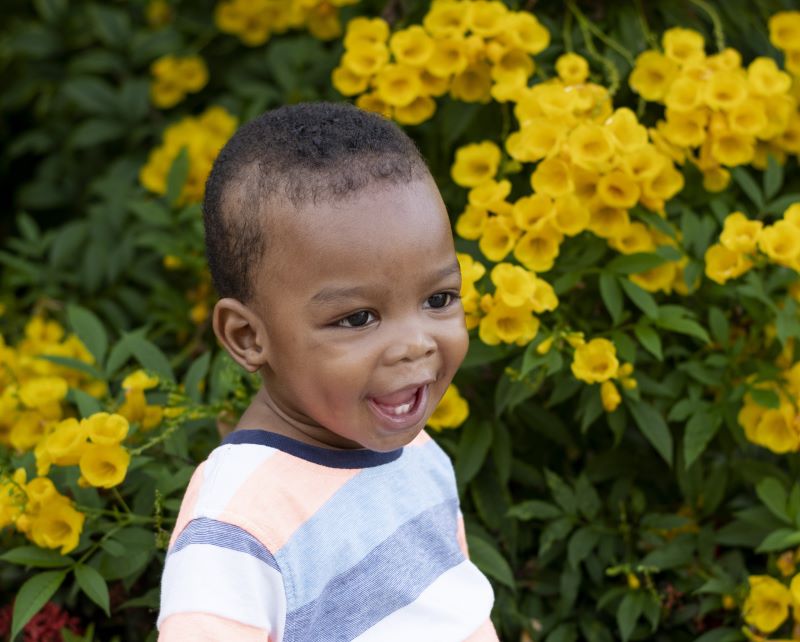When we watch someone being nice or giving, we feel a pleasant warmth inside. This is referred to by researchers as “moral elevation,” because it not only feels good but also drives us to do good. According to Psychology Today, “kindness” is “a behavioral reaction of compassion and altruistic deeds; or a worldview that prioritizes concern for others over one’s interests.” A lot of studies have indicated that practicing kindness daily may have a direct positive influence on our own mental and physical health.
Kindness is sometimes perceived as a feature that characterizes someone as ignorant or feeble, yet what most people fail to recognize is that being nice necessitates a tremendous deal of bravery and fortitude. Kindness is more than just being “kind” or “helpful”. It is a personality characteristic or perspective that extends to how we treat ourselves, animals, valuable items, and other people. Kindness is a quality that contributes to the realization of our common humanity. Being kind helps to establish relationships, build communities, and enhance societal unity.
Each culture recognizes the need for compassion and charity for each individual to be and feel completely alive. So, via this article, let us comprehend kindness at its heart and observe how kindness has rescued mankind both personally and on a communal scale.

Figure 1 – Being kind. Source – Pexel
With the assistance of performed studies, it has become clear that compassion and our mental health are inextricably linked. This is because it feels wonderful to serve others. Helping others causes physiological changes in the brain that are connected to happiness. Helping others strengthens our support networks and motivates us to become more active, all while enhancing one’s self-esteem. Being helpful and nice to others fosters a sense of belonging and functions as an antidote to loneliness. Being nice to others, especially those who are less fortunate, helps us put things into perspective and, as a result, make us feel more cheerful. Kindness is thought to be a difficult endeavor in and of itself. We may be taken for granted, seem ignorant, or be taken advantage of, which is why people tend to shy away from being helpful. However, it is vital to realize that an act of kindness demonstrates a great deal of bravery, strength, and compassion – all of which our society sorely needs.
There are several health advantages associated with compassion. When we do something good for someone, we feel better about ourselves. Acts of compassion release endorphins, the brain’s natural painkiller. Perpetually compassionate people have 23% lower cortisol (the stress hormone) levels and age at a slower rate than the general population. According to research studies, giving of ourselves improves everything from life pleasure to self-realization and physical wellness. Mortality is postponed, sadness is minimized, and happiness and good fortune are enhanced. Acts of kindness generate emotional warmth, which causes the production of the hormone oxytocin. Oxytocin stimulates the release of nitric oxide, a molecule that dilates blood vessels. Because it lowers blood pressure, oxytocin is characterized as a “cardioprotective” hormone. By reducing blood pressure, it protects the heart.

Figure 2 – Visual Representation of Kindness. Source – Google
Diving deep into kindness, let’s speak about the South African notion of kindness known as Ubuntu. Before we go into Ubuntu, allow us to tell you a quick anecdote. An anthropologist attempts to persuade a bunch of African youngsters to participate in a “winner-take-all” race with a basket of fruit as the reward. Things don’t go as planned. The youngsters all hold hands instead of racing one other. They cross the finish line together and enjoy the fruits of their labor. When the anthropologist questioned why they collaborated rather than competed, they said, “Ubuntu, how can one of us be happy if all the others are sad?” “Ubuntu” is a Ngui Bantu phrase that means “human-ness”, which loosely translates to “human roughness”. It is a South African concept that means “human-ness”. It is generally interpreted as “humanity toward others”, but it is also used in a more philosophical sense to signify “belief in a universal connection of sharing that binds all mankind”. South African leaders such as Nelson Mandela and Archbishop Desmond Tutu popularized it as a philosophy. Unhu is the Shona word for it in Zimbabwe. It’s known as uMunthu in Malawi. Ubuntu may also be viewed as a factual statement as well as a norm of social behavior or social ethics. It simultaneously identifies humans as being with others and, as a result, dictates what being-with-others should imply. The inclusive aspect of human society is implied in the preceding definition. This also determines a community’s identities, nature, values, and duties to one another. As a result, the distinctive essence of Ubuntu is conveyed in the imagery of the “we” rather than “me”. The basic notion of Ubuntu rests on the idea of people’s collectivity rather than the individuality a person within a certain community. The fundamental principles of Ubuntu philosophy are based on African family ideology. The African concept of family differs significantly from the Western concept. African family is not limited to father, mother, and child. Rather, it includes all those who share ancestors. Thus, the African family system is defined as a natural and spiritual union in which the living, the deceased, and the unborn communicate with one another in all of its broad roots. Tutu famously observed, in a phrase that has special resonance in 2020, that “Ubuntu speaks specifically about the truth that you can’t survive as a human being in solitude. It emphasizes our interconnectivity. You can’t be human on your own, and if you have this characteristic – ubuntu – you are recognized for your generosity.”

Figure 3 – Visual Representation of Kindness. Source – Pexel

Anand Subramanian is a freelance photographer and content writer based out of Tamil Nadu, India. Having a background in Engineering always made him curious about life on the other side of the spectrum. He leapt forward towards the Photography life and never looked back. Specializing in Documentary and Portrait photography gave him an up-close and personal view into the complexities of human beings and those experiences helped him branch out from visual to words. Today he is mentoring passionate photographers and writing about the different dimensions of the art world.





